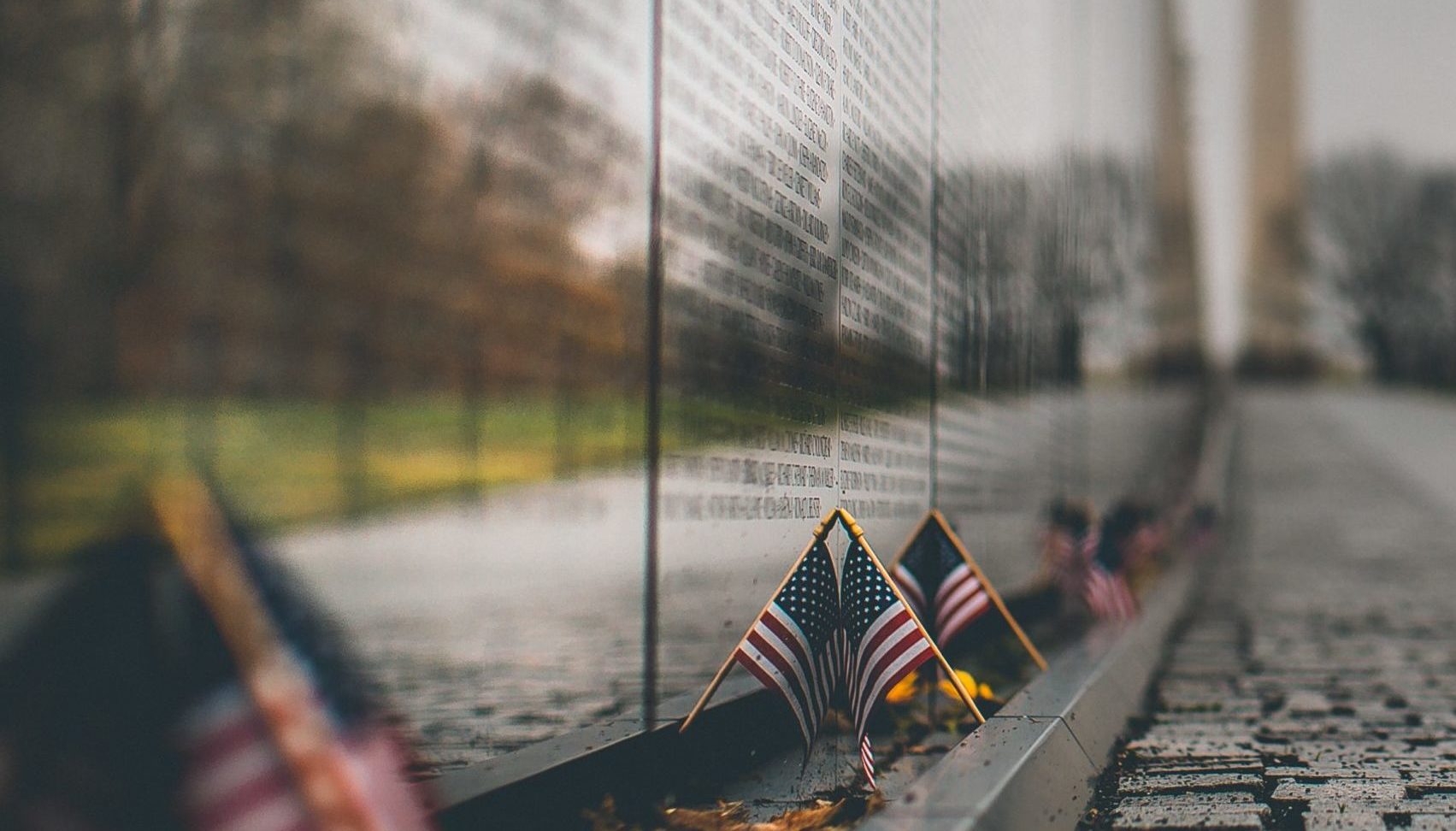

C.S. Lewis is considered by many to be one of the greatest authors ever. More than 300 million copies of his books have been sold; and though he died in 1963, hundreds of thousands of his books are still purchased each year. One of his most well-known works is Mere Christianity, in which he intellectually lays out a defense of the Christian faith. In a section labeled “Christian Behavior,” he discusses topics such as cardinal virtues, social and sexual morality, forgiveness, charity, and hope, followed by a chapter entitled, “The Great Sin.”
Lewis reveals that the great sin in life is pride and arrogance. He goes on to say that “Pride has been the chief cause of misery in every nation and every family since the world began.”
Lewis goes on to describe pride as a spiritual cancer that destroys our ability to genuinely love others and prevents us from being content. As a spiritual cancer, pride slowly grows and develops in our lives, becoming well-established without our knowledge. Lewis says that pride is purely spiritual; it originates straight from hell and consequently is far more subtle and deadly than all other sins. We readily recognize it and hate it in others, but most of us believe that we are in no way afflicted by it.
Without realizing it, pride explains so much of the dysfunction in our lives:
Then there is a real dark side to pride that is so difficult to see. Sociologist Anthony Campolo shares how this so often plays out with parents in the raising of their children:
We will never know how many children have had their lives made miserable by being pushed to achievements which makes their parents look good. Children who are driven to psychological exhaustion for academic achievement often know that their labor is primarily to enhance the status of their parents. Behind the claims that the parents expect the children to do well, because success in school will increase their options, is the ugly reality that the achievements of the children visibly demonstrate the superiority of the parents. This is what pride can do to our families.
Over the last few months I have had the opportunity to watch Ken Burns fascinating documentary on the Vietnam War, as well as the movie The Post which is about the Pentagon Papers.
When it became apparent that the Vietnam War was not winnable and that the United States should pull out, 85% of our military leaders refused to endorse this option because they felt it would be humiliating. Their pride would not allow them to go along with this decision.
Lyndon Johnson refused to pull out because, as he put it: “I would not look very manly.” If we chose to withdraw our troops Richard Nixon made a similar response: “I do not want to be the first president in history to have lost a war.”
This is what pride can do to a nation. Thousands of young men died in Vietnam because of the pride of our leaders. They feared how it would make them look if we withdrew from a war that they knew was not winnable.
This has made me wonder what the ultimate extent of pride’s devastation is to people’s lives and relationships. Its consequences can cascade through our lives. It creates incredible instability, fear and weakness. Since we cannot detect pride in the depths of our hearts, we never really know what is wrong with us.
This is why humility is of great value. Stephen Covey said, “Humility is the mother of all virtues. Humility says we are not in control, principles are in control, therefore we submit ourselves to principles. Pride says that we are in control, and since our values govern our behavior, we can simply do life our way.”
Humility makes us the vessel instead of ‘the source’ or the principle. Humility is the place of growth and strength. There is power in the humble life.
Much of this blog comes from Richard’s book The Power of a Humble Life. To read more from this book and Richard’s other books, please visit our website and Amazon.com.
Add grace and understanding to your day with words from Richard E. Simmons III in your inbox. Sign-up for weekly email with the latest blog post, podcast, and quote.

Bulk discounts for 25 or more books! Call 205-789-3471 for prices.
For local orders in the Birmingham, AL area, enter Promo Code LOCAL at checkout to save shipping. We will email you when your order is ready for pickup.